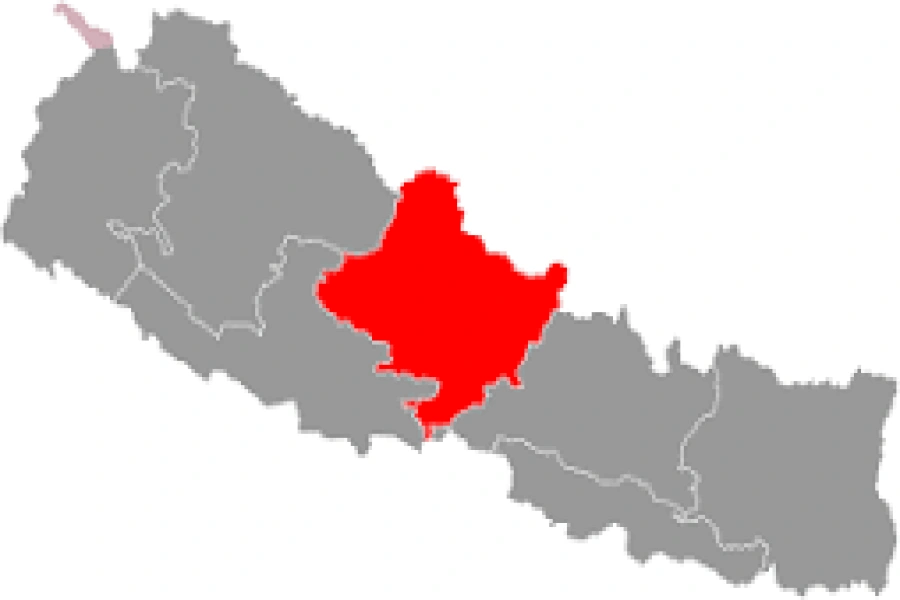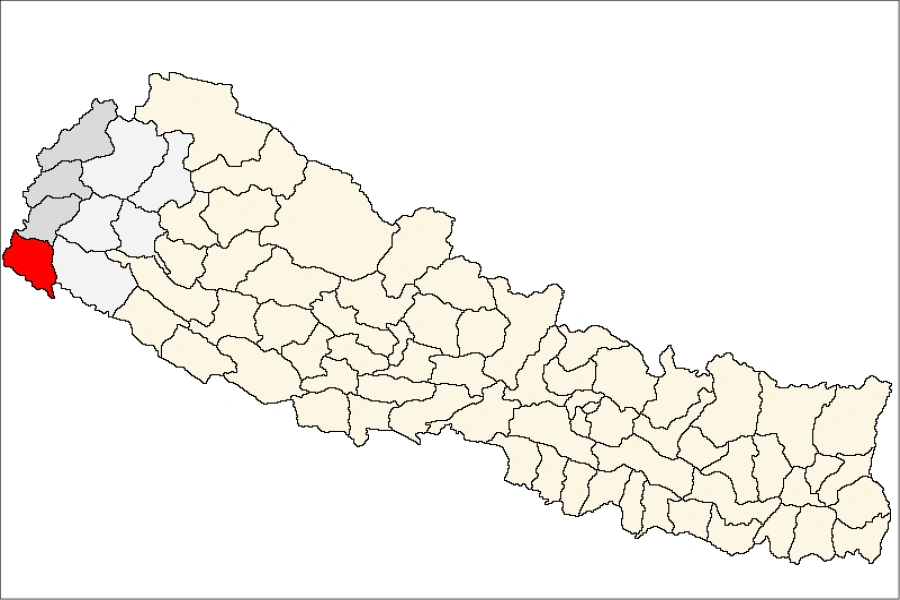The Balance of Payment (BoP) position has slipped into a deficit of Rs 24.77 billion in the very first month of the current fiscal year 2018/19. While the first month figure is too early to set off the alarm bell, the stress on the BoP position—the record of all international trade and financial transactions made by a country’s residents—observed in most of the months in the last fiscal year is obviously a clarion call for policy makers to act immediately to ward off any economic crisis. BoP deficit occurs when a coun-try imports more than it exports. When the BoP continues to be on red over a prolonged period, there is a risk of country running out of money to make payments for essential imports. Under such circum-stances, the country has to turn to international institution like the International Monetary Fund for the bail-out. When the country cannot save enough to pay for its imports, it has to first dip into the foreign exchange reserve to make the international payment. Continuous burning of the foreign exchange re-serve would drain reserve which can lead to the crisis. Because our foreign exchange reserve (Rs 1,0982 billion as of mid-August), which can cover the imports of goods and services up to eight months, is not precarious. Some sort of a crisis may not look probable in the short term, but the same cannot be ruled out in the medium or long run if measures are not taken immediately to prevent BoP imbalances from becoming persistent.
Balance of payment, current account continue to turn deficit

What are the factors that are pushing the deficit? It’s mainly the import bill of the country that is rising at an alarming rate. Had the exports base of the country become strong, there could have been less to worry from the deficit. But the problem is that imports continue to increase at an unprecedented rate. Be it consumable goods like rice and garment for household purpose or capital goods like equipment and machineries for development works, Nepal relies on imports. On the other hand, our export growth has slowed to a crawl. The NRB data shows that our export is below three percent of the GDP compared to the import which stands at over 40 percent of the GDP. There are no signs that the exports base will be strong soon. Manufacturing sector has become sluggish while the competitive edge of many of our domestic production is eroding. Money coming in from other sources could have balanced the book. But such income does not seem to be reliable. Tourism is yet to observe a full recovery. The flow of both foreign direct investment (FDI) and foreign assistance is erratic. And there is remittance which has become one of the major sources of foreign currency earning. The growth or slowdown of remittance also depends on external factors like recession, hiring, foreign exchange rate and price of oil in interna-tional market which are beyond Nepal’s control. Until recently, the slump in oil price was said to be slowing the growth of remittance. The rise of the oil price in the international market coupled with rapid appreciation of the value of US Dollar is putting stress on BoP.
Thus our government cannot be complacent about the economy assuming that the growth rate was above the average. Keeping in view the rising import bill, the government should take measures to dis-courage unnecessary imports. Imports that are required for manufacturing industries, development works or reconstruction eventually helps the country to pay off. As a long term measure to narrow down the deficit, the government should boost exports through subsidies or policy incentives.































